Mangalore, Sep 7: Karnataka ranks second for the highest number of farmer suicides in the country with 39,000 suicides since 1995. Overwhelmingly, the suicide-committing farmers are cash crop farmers, said Rural Affairs Editor of The Hindu P Sainath.
Delivering the second oration titled 'Corporate Hijack of Indian Agriculture' in the first B V Kakkilaya Inspired Orations - 2013, P Sainath, recipient of Ramon Magsaysay award, said that this was the result of the huge change that took place in farming, i.e. converting from cultivating food crops to cash crops. As there is greater cultivation of cash crops, there's a greater control by corporates in farming and the costs of cultivation are shooting through the roof as input prices go up. And every damage has been driven by economic policies,” he said, adding that the high farmer suicide rate was a result of growing inequality economic policies.
“The suicide rate is 47 percent higher among farmers than non-farmers. The highest number of suicides is by cotton farmers. Although the official figure states that about 2.85 lakh farmers have committed suicide since 1995, the figure excludes large number of women and Dalit farmers. Thousands of women farmers are excluded while calculating suicide rates, as the society does not consider women as farmers,” he said.
Quoting Ravindranath Tagore, Mr Sainath said that “Food is the source of wealth; food production is a source of endless misery.”
“When the Arab Spring that occurred in countries such as Yemen, Libya, Egypt and Tunisia in 2010, it did not occur due to Twitter. All these countries including India had seen giant increases in food prices since 2008, and all the while food and related companies continued to make profit. Food companies ranked at the top of the Fortune List of most profitable companies in 2009, when the world was hungry. Harvesting crops such as hunger and thirst is what the corporate world and corporate-driven society do,” he said.
He said that the West wanted us to cultivate cash crops to make us more dependent on them, as cash crops commodities are controlled by corporations at the global level. Corporatisation of agriculture is growing worse in India, he said, adding that we have to re-think the entire process of agriculture and move away from extremely critical techniques.
“In growing inequality, what has happened in agriculture is the extreme case of what has been happening in the rest of the country. We need to de-link ourselves from high-input and high-cost economy and lower the cost of agriculture,” he said.
A special 10-day session should be conducted in the Parliament specifically for agriculture, he opined.
The third edition of 'Bara Andre Ellarigoo Ishta', Kannada translation of Sainath's book 'Everybody Loves a Good Drought' was released on the occasion by K Phaniraj.
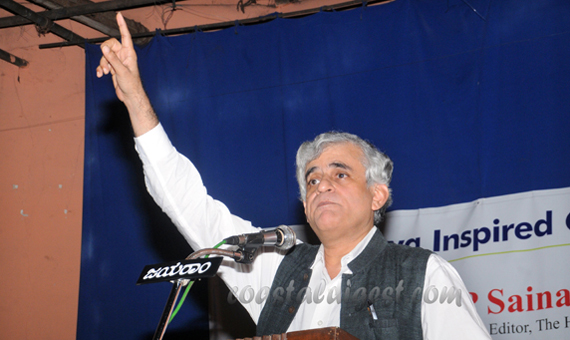
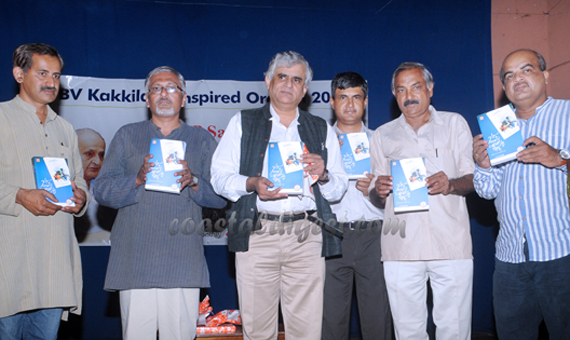
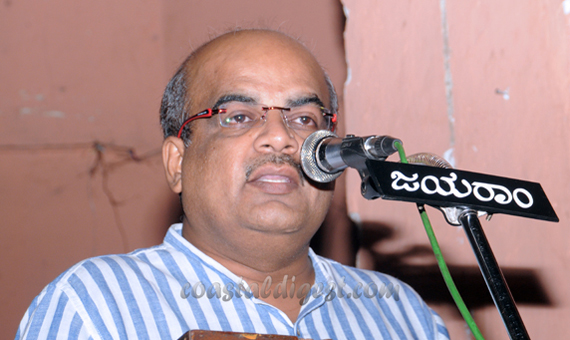
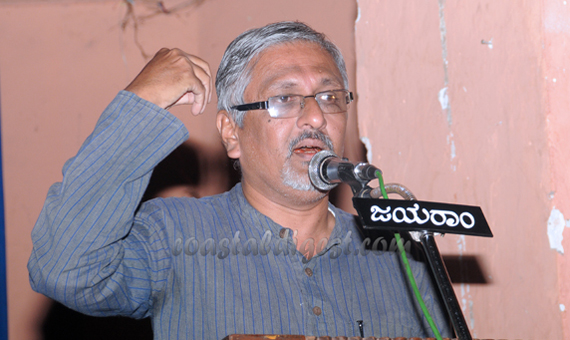
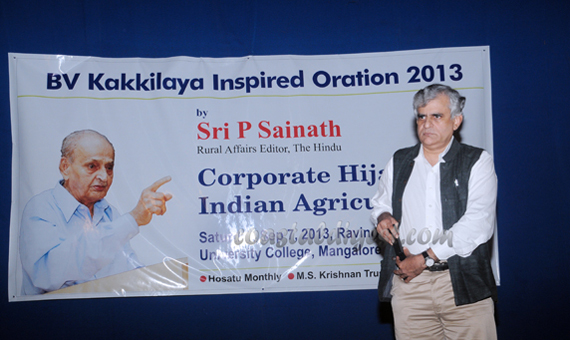
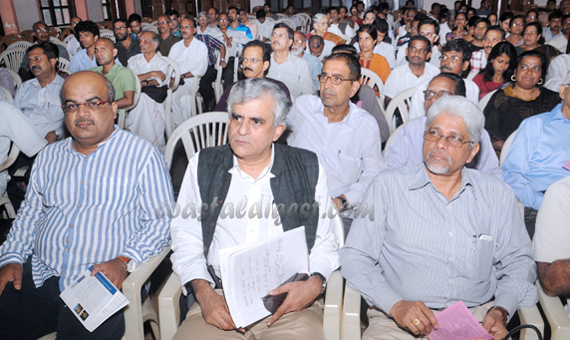
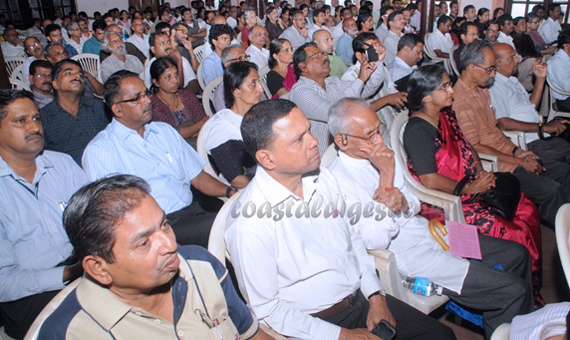
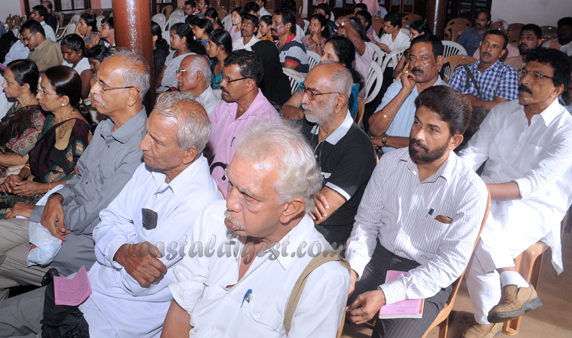
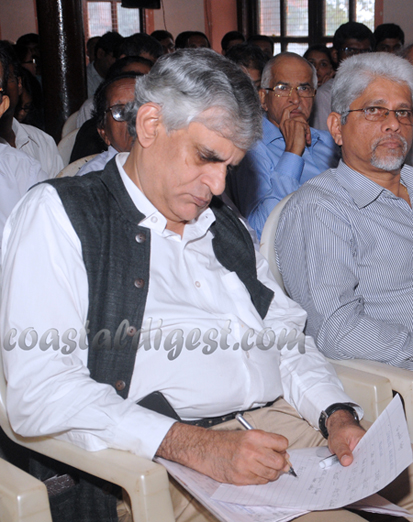
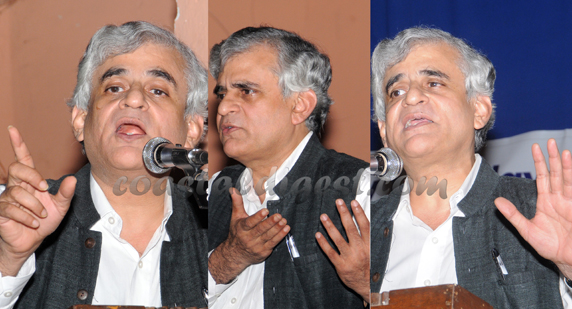











Comments
Add new comment